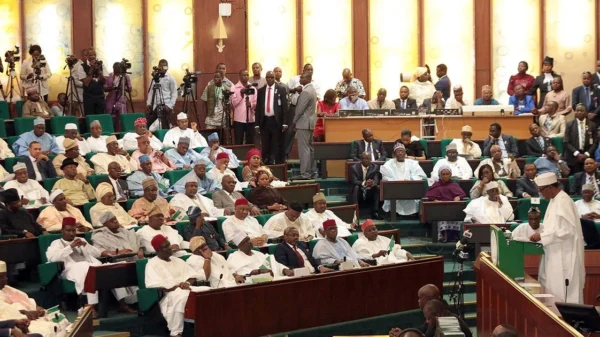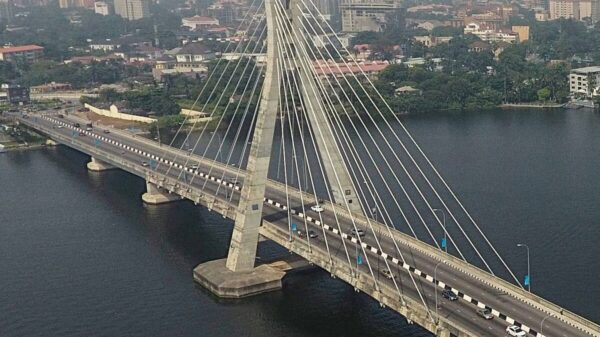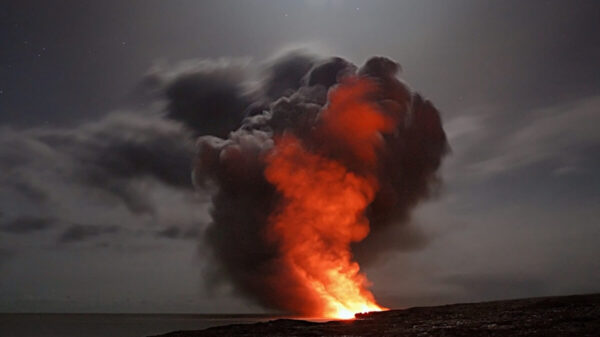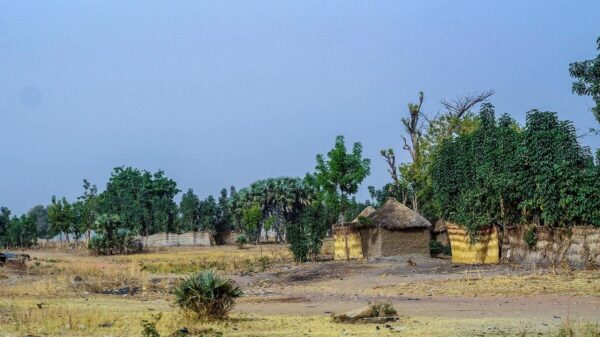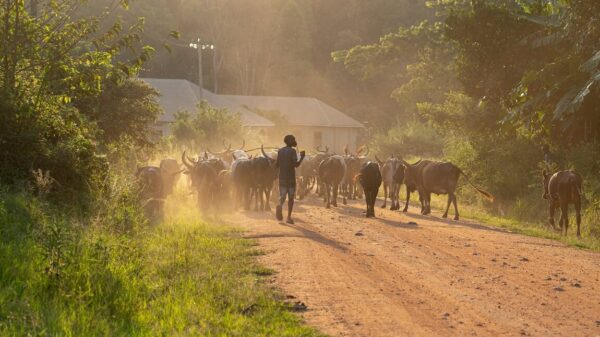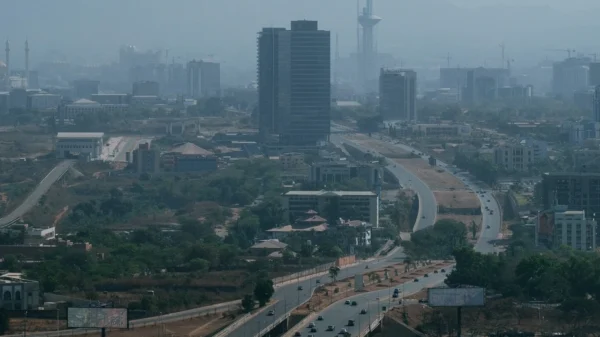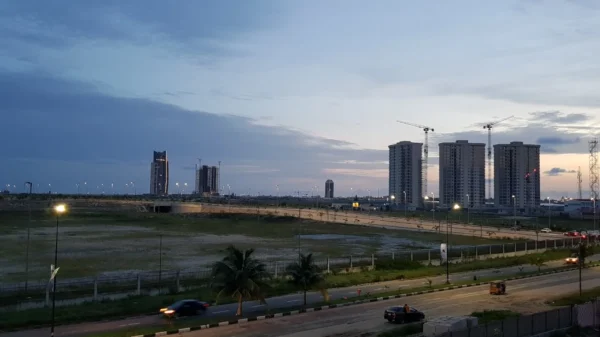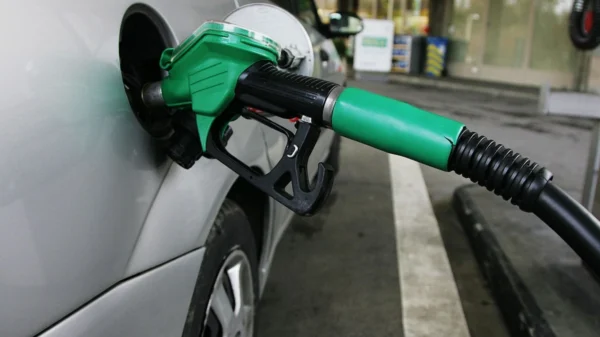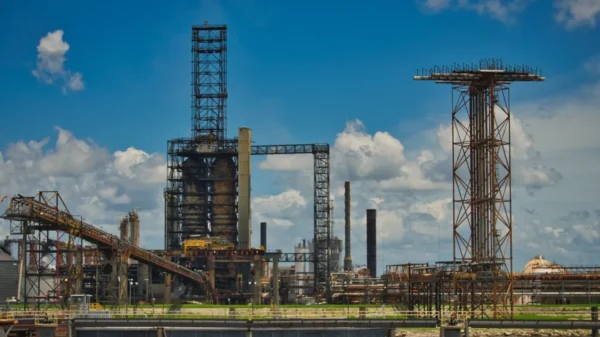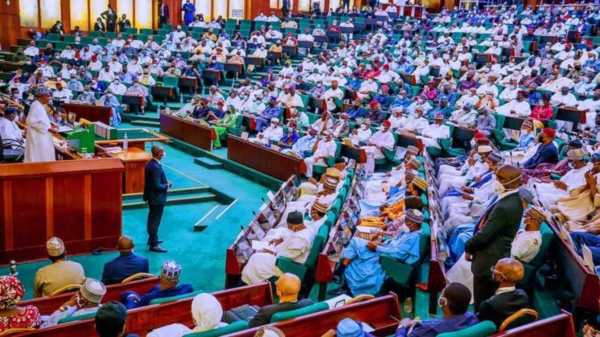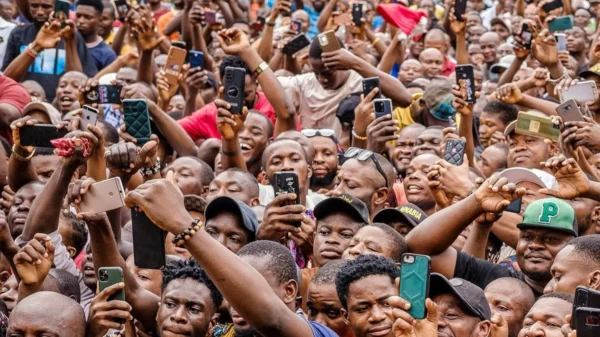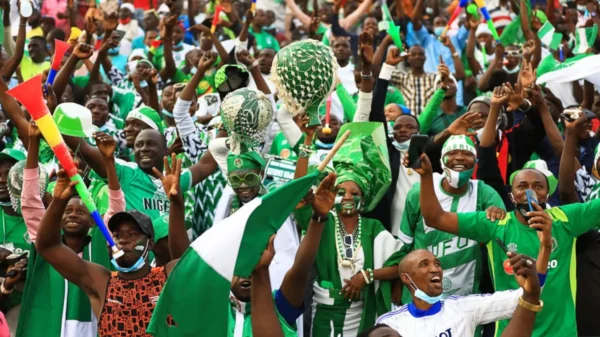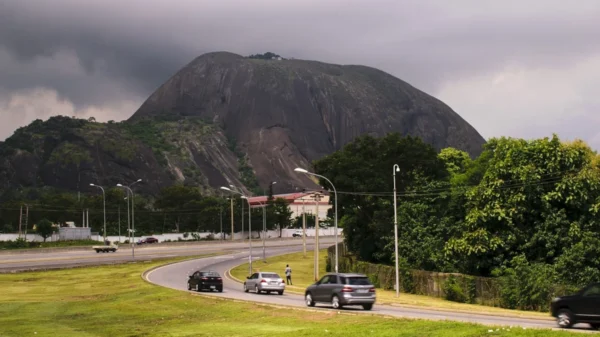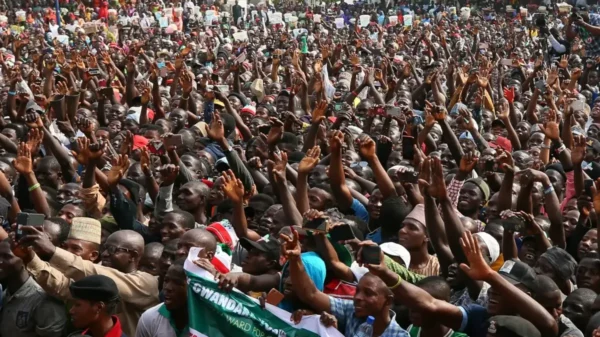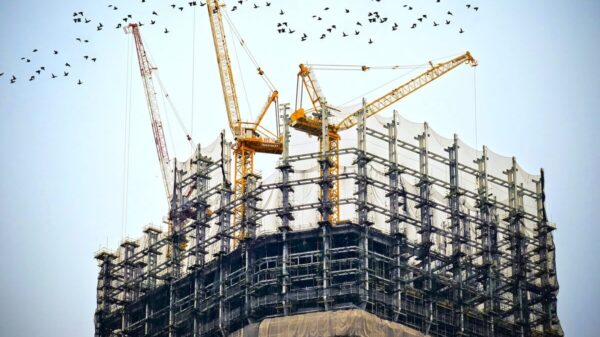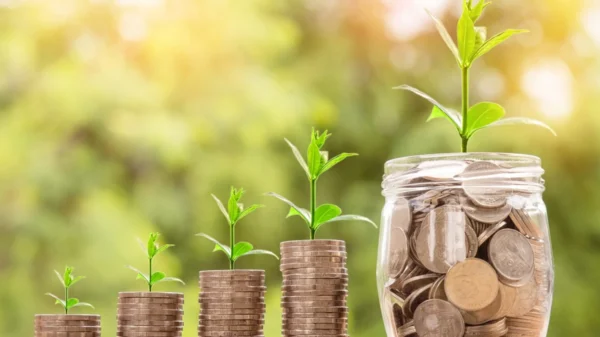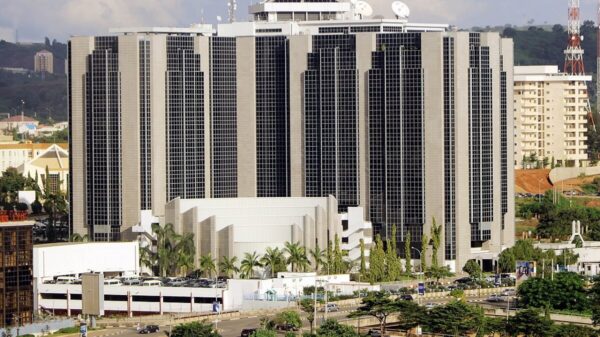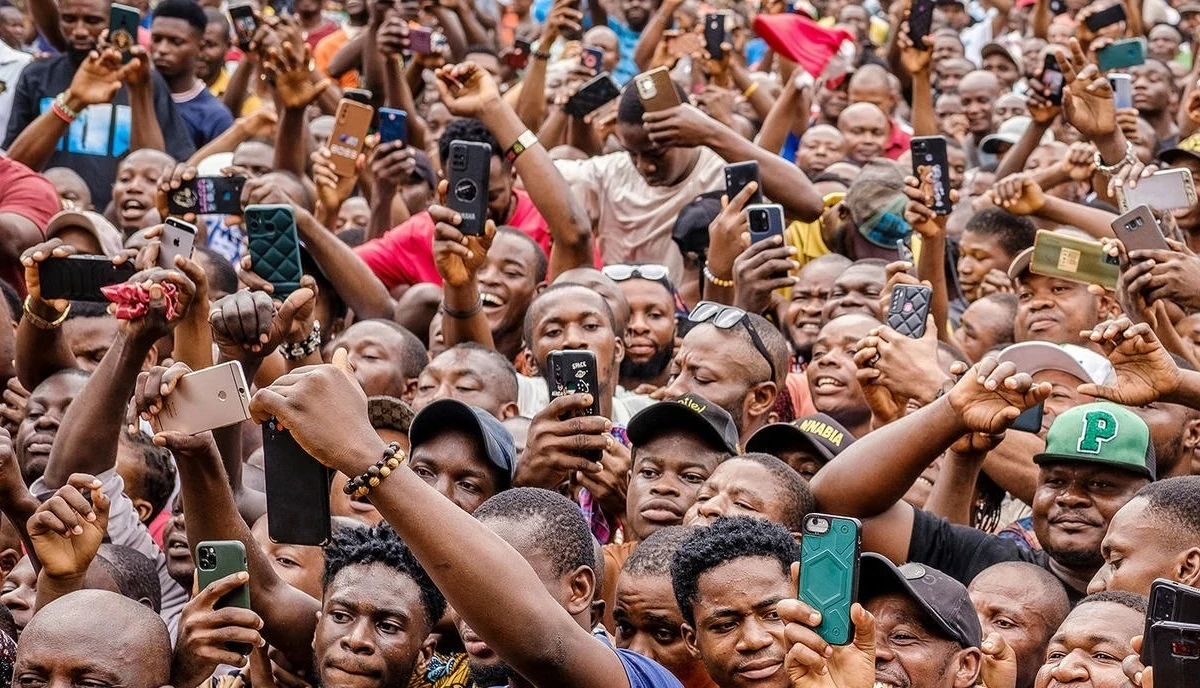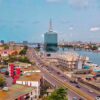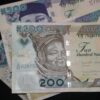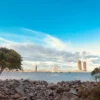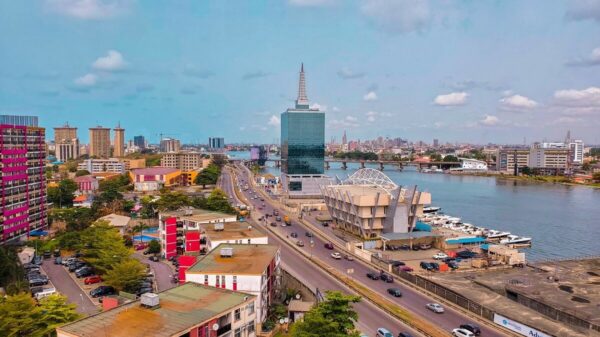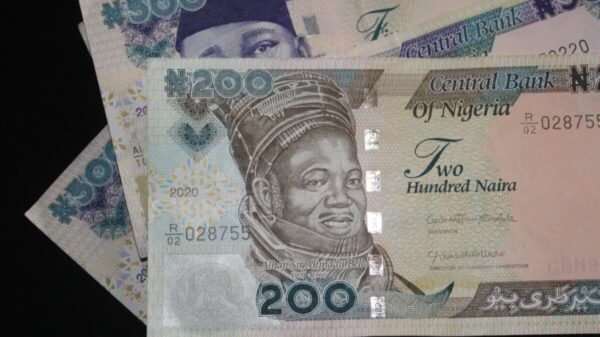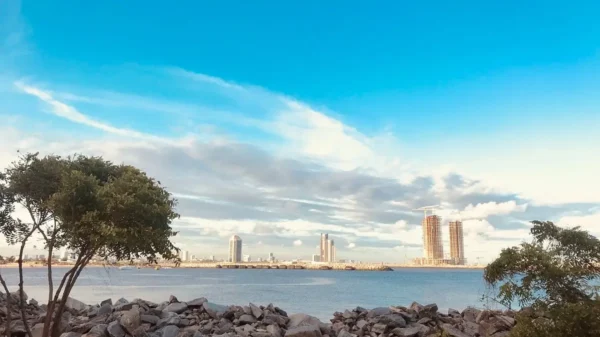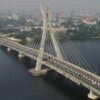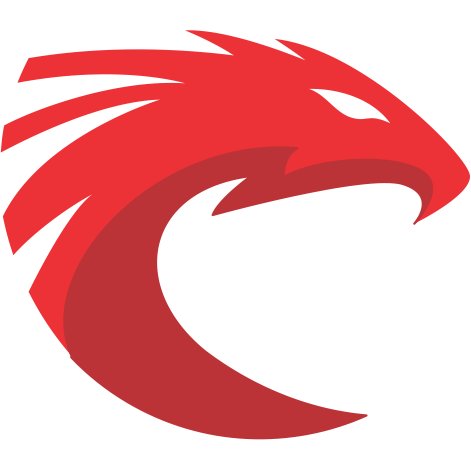Major Takeaways
- The 2023 Nigerian Presidential Election was a remarkable and controversial contest.
- The results of the election could be determined by the judiciary in a process that could take up to 8 months (240 days).
- There could be a coalition of the major opposition political parties.
- The election has led to greater interest from Nigerians in the country’s politics and governance.
Like many Nigerians, I went to bed on the night of February 28th pondering several questions concerning the 2023 Nigerian Presidential Election. Would INEC suspend collation pending a review of the results as they had been urged by some of the contesting parties? The debate about the statehood of Abuja raised its own questions. But of course, the principal question remained: who would be announced the winner?
When I woke on the morning of March 1st, the latter question had been answered. Earlier, at around 4 a.m., INEC chairman, Mahmood Yakubu, announced the All Progressives Congress (APC)’s candidate, Bola Ahmed Tinubu, as president elect. But that only created a new question: what happens next?
Ideally, what would follow the announcement would be congratulatory calls and visits from political stakeholders. Opposition candidates would concede and affirm their desire to work with the president-elect to build a better country. International observers would commend the conduct of the election as a universal victory for democracy and a positive example for the rest of Africa to follow. A seamless transition of power would be expected given the incumbent and elect belong to the same party. Then citizens would wait and see if the president elect delivers on the promises of his manifesto over the next four years of his tenure.
But this is Nigeria, and we do things a little differently here. What has actually followed is accusations from the main opposition parties, the People’s Democratic Party (PDP) and Labour Party (LP), of electoral malpractice and gross manipulation of the results, and even claims of ineligibility of the APC’s presidential and vice-presidential candidates to contest the elections in the first place. Both parties are apparently resolved to challenge the results in court on these grounds.
Courtroom Dramas
The election itself was controversial and rightly so. It was marred by logistical mishaps (such as INEC officials being late to their polling units), and reports of malfeasance (voter intimidation, vote buying, ballot box snatching and violence). But perhaps the biggest bone of contention involves the collation process, specifically the role of the Bimodal Voter Accreditation System (BVAS) machines. There were high hopes placed on the performance of the system. It was lauded by INEC before the election as a tamper-proof solution to Nigeria’s electoral malpractice problems. Its biggest selling point was the fact that it would allow polling unit officers to upload the results from their units to INEC’s IREV platform. This would theoretically prevent any manipulation of figures that may occur before the result sheets reach the National Collation Center.
However, INEC failed to perform the uploads as promised — claiming to have experienced technical “glitches”. This failure opened up the process to quick and vocal criticism from the PDP and LP. They called for the suspension of collation pending the resolution of the technical difficulties. When collation continued regardless, they walked out of the National Collation Center in protest.
All these are grounds for the PDP and LP to challenge the results in court. Election petition tribunals are nothing new in Nigeria. It is possible the results would have still been challenged even if the election was not as controversial.
The constitution allows aggrieved presidential candidates to bring their cases before the Appeal Court’s Presidential Elections Petitions Tribunal (PEPT). They have 21 days from the announcement of the election results to file their petitions (5 political parties filed petitions in that time). The tribunal has 180 days from the date of filing to deliver judgement. These judgements can be appealed at the Supreme Court (which gives a final verdict within 60 days), further lengthening the process. So, it might be a while before Nigerians are sure who their lawful president is.
Stronger Together?
Duverger’s law and historical evidence suggests high chances for a coalition party to be formed by the most prominent opposition parties (the PDP, LP and possibly even the NNPP).
The PDP is one of the biggest and most influential parties in Nigeria. Its candidate, Olusegun Obasanjo, won the presidency in 1999. Sixteen years of presidential power followed. They were finally beaten by a coalition of the major opposition parties of the time in 2015. They failed to regain the presidency in 2019. Seeming to have lost out again in 2023, they may see forming a coalition party as their road back to the presidency.
The Labour Party has been a minor player in Nigerian politics since its formation in 2002. They did manage to get their candidate, Olusegun Mimiko, elected as governor of Ondo State in 2007 reelected in 2012. But they had never been considered contenders in presidential politics. Not until Peter Obi ditched the PDP to announce that he would be running under the banner of the Labour Party. Buoyed by the support of the youthful, vocal and dedicated “Obidients”, the Labour Party found themselves thrust into the presidential conversation as a formidable opposition party. They have been accused of lacking the necessary “structures” to actually win the presidency. A coalition could help them in that regard.
The New Nigeria People’s Party (NNPP) was always an outsider going into the elections. But their popularity in Kano state and other pockets of northern Nigeria made them a desirable partner to the other more established parties. The possibility of a merger between the NNPP and LP was publicly considered ahead of the election (but never materialised). This was their first time in the presidential conversation albeit as a wildcard. Perhaps, they wanted to test the popularity of their candidate, Rabiu Kwankwaso, at this level of politics. With only 6.4% of total votes cast though, perhaps they now have their answer to that question and may be more inclined towards forming a coalition.
The ingredients for the formation of a coalition party are all present, especially if the APC’s victory survives the petitions. Yet, there are mitigating factors that might make a coalition difficult. Considering the manner of Peter Obi’s exit from the PDP and how the image of integrity that he projects is a huge part of his appeal to his supporters, a return to the PDP in the form of a coalition could alienate those supporters. For Kwankwaso, it is a little different. Like many Nigerian politicians he has been a bit of a journeyman, bouncing between APC and PDP alternatively before finally joining NNPP. His Kwankwasiyya Group ensures he has a firm support base that follows him regardless of his party alignment at any given time. His party-hopping history suggests he and NNPP are quite likely to form a coalition with any willing partner from amongst the main opposition parties. However, the closeness of the election could give the opposition parties confidence in their ability to win future elections on their own. So, it might take a few more losses for them to reach the conclusion that a coalition is their only route to the presidency. In any case, it is still too early to call as a coalition party is unlikely until the court challenges are concluded.
Nigeria Awakens
The 2023 elections are remarkable for many reasons as we have already established. One reason is the increased interest of the electorates in the politics of the country. In a previous article, we established that Nigeria historically fares poorly in voter participation. We also said this about the 2023 elections:
“
The Independent National Electoral Commission (INEC) reported registering 96.2 million potential voters ahead of the election. A 14.5% increase from the 84 million registered voters in 2019. Of the 96.2 million, 71.4% are young people (between 18 and 34), and 50.6% are female. These developments in voter demographic imply that more people who were not interested in politics before are now choosing to get involved.
”
Should you really join a political party in Nigeria? – Our Red Eagle
The promise of increased participation that heralded the 2023 elections did not materialise. Only approximately 27% of registered voters actually cast their votes. The worst in the history of the country’s democratic elections. But this poor showing can be attributed to the problems encountered in the conduct of the election such as the logistical difficulties, violence and voter suppression. Still, the elections seem to have inspired an appetite in Nigerians to actively follow the country’s politics in ways they had not before. There have even been calls for the election tribunals to be televised so Nigerians can follow the proceedings.
Awareness of the populace about political developments is vital in any democratic system. It is a welcome development and can only help strengthen Nigeria’s democracy and further nation building.
The 2023 elections could be a watershed moment in Nigeria’s political history. Presently, Nigerians are staring down the barrel of protracted court challenges. There exists a possibility of the emergence of a coalition of the opposition parties. Perhaps the best thing to come from the election is greater awareness and interest of the electorate in politics going forward.
Franklyn is a Nigerian writer who loves a good story, real or made up, and is excited by any opportunity to tell or discuss one.


